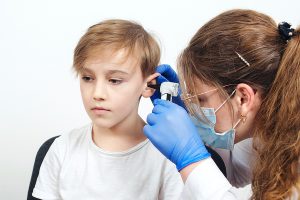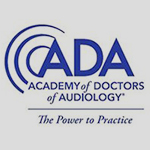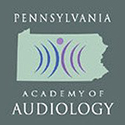Symptoms of Auditory Processing Disorders

The symptoms of auditory process disorders (APDs) are very similar to the symptoms of hearing impairments, and many people confuse the two. However, the causes and treatments of those symptoms vary significantly. People with an APD usually hear very well; the problem is that their brain cannot analyze, interpret, organize, or attribute meaning to the sounds they hear.
If you are a parent or teacher of a child who seems to be having communication issues, the pediatric audiology specialists at Hearing Smile Professionals in Lancaster, Pennsylvania, can perform an in-depth APD evaluation to determine the cause. Because an APD can delay speech and language development, an early and accurate diagnosis is essential. With appropriate treatment, a child with an APD can learn to communicate better and perform well academically.
Signs to Watch For
- Common APD symptoms in children include:
- Delayed speech and language abilities
- Confusion of similar-sounding words, such as “cat” and “cap”
- Poor spelling and reading comprehension
- Difficulty following multistep directions
- Easy distraction and frequent daydreaming
- Disinterest in learning new things
- Preference for learning through hands-on activities rather than spoken instructions
- Overreliance on nonverbal cues when listening to speech
- Frequent need to have spoken information repeated
- Misinterpretation of sarcasm and jokes
- Difficulty understanding stories read aloud and announcements over loudspeakers
- Poor memory for names, words, and numbers
- Oversensitivity to noise
- A monotone speaking voice
- An off-key singing voice
It is important to keep in mind that a child’s communication difficulties can easily go unnoticed. For instance, they may quickly learn to compensate by paying close attention to visual cues and body language, watching other children, and anticipating what will be said.
Purpose and Importance of APD Testing
APD testing is crucial for accurately identifying auditory processing difficulties and distinguishing them from other hearing-related issues. Unlike standard hearing tests that assess the ability to detect sounds, APD testing evaluates how the brain interprets and processes auditory information. This distinction is vital because individuals with APD typically have normal hearing sensitivity but face significant challenges in understanding and organizing sounds. Through comprehensive testing, professionals can pinpoint specific auditory processing deficits, enabling them to develop tailored intervention strategies. Early and accurate diagnosis through APD testing ensures that individuals receive the appropriate support and therapy to improve their auditory processing skills, ultimately enhancing their communication, academic performance, and overall quality of life.
Types of Tests Included in APD Evaluation
An APD evaluation comprises various assessments designed to provide a comprehensive understanding of an individual’s auditory processing abilities. Speech-in-noise testing measures the ability to understand speech amidst background noise, a common challenge for those with APD. Auditory discrimination tasks assess the ability to distinguish between similar sounds, which is crucial for effective communication. Temporal processing tests evaluate the ability to perceive and process the timing of sounds, essential for understanding speech rhythm and patterns. Dichotic listening tests examine how well the brain can process different auditory information presented to each ear simultaneously, highlighting any issues with binaural integration. These diverse assessments collectively offer a detailed profile of auditory processing capabilities, guiding targeted interventions.
Age-Specific Considerations in APD Testing
Conducting APD tests requires careful consideration of the age and developmental stage of the individual being assessed. For infants and very young children, testing often involves behavioral observations and parent questionnaires to identify early signs of auditory processing issues. As children grow, more structured assessments, such as play-based audiometry and age-appropriate speech discrimination tasks, are introduced. For adolescents, standard APD tests, including speech-in-noise and dichotic listening tasks, are typically used, often supplemented with academic performance evaluations. In adults, APD testing may also include more complex auditory processing assessments and consideration of the individual’s occupational and daily living challenges.
You Can Help
Contact Hearing Smile Professionals today to request an appointment for your child in Lancaster, PA. We offer comprehensive APD testing for both children and adults. An early and accurate APD diagnosis can help ensure that your child receives appropriate management strategies to be as successful as possible in school and life.



